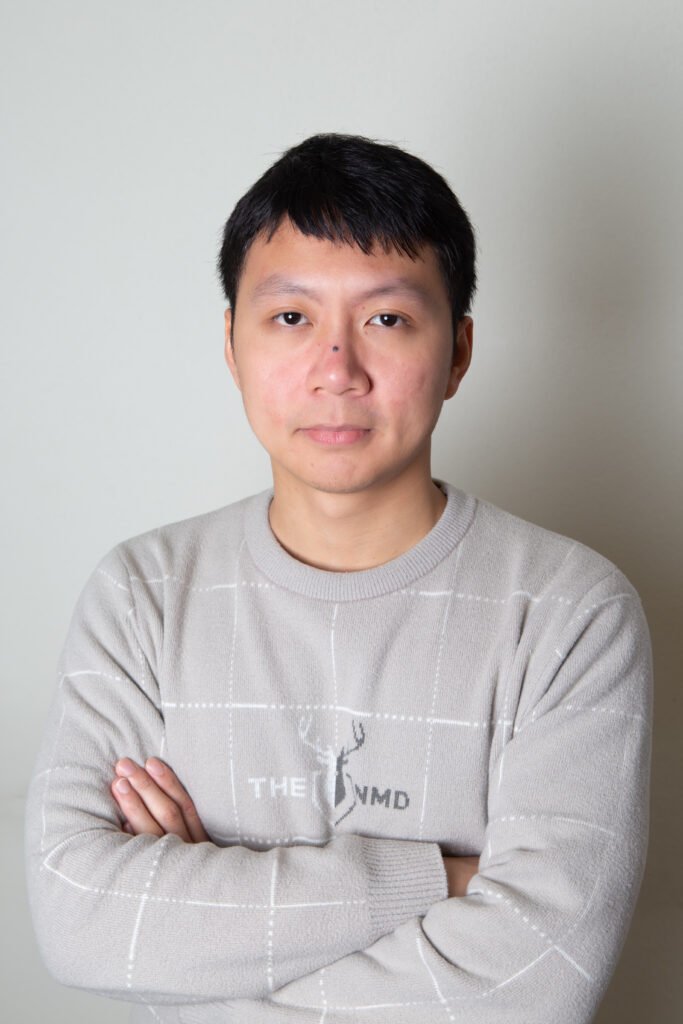About Us

Mónica Sánchez-Román

Mónica’s research concentrates on the interactions between biosphere and geosphere with an emphasis on geomicrobiology and biogeochemistry. Her research interests are mainly focused on low temperature and environmental geochemistry, focusing on biomineralization and/or mineral-microbe interactions that play a key role in biogeochemical processes. Studies of important modern environmental systems, such as hypersaline and alkaline lagoons (Lagoa Vermelha and Brejo do Espinho, Brazil) and extreme acidic environments (Rio Tinto, Spain), have led her to evaluate the biogeochemical influences on these extreme environments. The main goals of her research are (1) the study of the physico-chemical parameters controlling the sediment production in modern Earth surface environments; (2) the simulation of those physico-chemical conditions in laboratory experiments using the microbial community associated with the production of those sediments and (3) to understand the influence of microbes on mineral precipitation in modern and ancient systems on Earth, extraterrestrial planets and extraplanetary bodies.
Monica was awarded a PhD in Earth Sciences from the Swiss Federal Institute of Technology (ETH) in Zurich. Since then, she has continued to develop her research career holding positions at the University of Georgia (USA) and the Savannah River National Laboratory (USA) with a NASA fellowship to study the formation of carbonates (e.g., dolomite, ankerite, siderite) at low temperature and their implication for the search of Life in other planets such as Mars. Then, she moved to the National Institute of Aerospace Technology (INTA), in Madrid (Spain), with an ERC fellowship to study the carbonate formation in the extremely acidic environment of Rio Tinto and its implication for the terrestrial and extraterrestrial geological records, respectively. Currently, she is an Associate Professor in the Earth Science Department at the Vrije University (VU) in Amsterdam (Netherlands). In recent years, her research has focused on the biotic and abiotic formation of sedimentary (low temperature) carbonates, phosphates, sulfates and silicates in (hyper)saline and extremely acidic environments to define potential biosignatures for early life on Earth and Mars.
PhD Candidates
Zeina Naim

My studies target the understanding of the mechanisms in carbonate formation in natural systems which are of fundamental importance for unravelling modern environments and being a window into the geological past of Earth and potentially Mars. In particular, I investigate how and if microorganisms control the geochemistry and mineralogy of carbonate minerals growing under low temperatures to define them as proxies of the paleo-conditions of formation.
I am a Petroleum Geoscience Graduate from the American University of Beirut. In 2020 I pursued my master’s in Geophysics and Reservoir Geology at Universitat de Barcelona. Currently, I am doing my doctoral research in geomicrobiology and Geochemistry at Vrije Universiteit Amsterdam.
Guolai Li

My research focuses on the dolomite. Through geochemical analysis and culture experiments, my project aims to figure out the paleoenvironment of our research areas and test the accuracy of using biomarkers as a new proxy for paleo-environmental reconstruction.
I got my bachelor’s degree in geological resources in 2017 at Central South University in China. The next year, I started my master’s study in the Geoenergy Lab in the same university and got my master’s degree in 2021. Now I’m doing my PhD study in the Geomicrobiology and Geochemistry Lab at Vrije Universiteit Amsterdam.
Tingting Yao

My studies focus on sedimentary geology and reservoir geology, mainly including siliciclastic rocks and carbonate rocks. A multidisciplinary method, including geology, geochemistry, and geophysics, has been used to study the sedimentary and diagenetic evolution of geological blocks. The objective of my research is to guide the prediction of reservoirs with high quality in the petroleum industry.
I am a petroleum geoscience graduate from Yangtze University in 2013. I obtained my master’s degree from China University of Petroleum (CUP) in 2016. Now I am a Joint PhD student between the China University of Geosciences (CUG) and Vrije University (VU), funded by the China Scholarship Council (CSC).
Post Docs
Dr. Lara Maldanis

I am a Marie Skłodowska-Curie Postdoctoral Fellow at the Geobiology lab, where I focus on investigating mineral biosignatures in microbialites using multiscale imaging. Using state-of-the-art synchrotron-based methods, my project combines chemical and textural features from laminated microbialites. I am particularly interested in exploring new biogenicity criteria based on complementary information from the macro to the crystallographic scale.
I am an interdisciplinary researcher with a background in biology and paleontology and a PhD in Applied Physics. During my PhD and first years of research, I explored novel synchrotron 3D nanoimaging methods for investigating in detail the structure and composition of fossilized microorganisms from Precambrian terrains and Rio Tinto, a Mars analog environment.
Dr. Pablo del Buey

My research focuses on organomineralization and biomineralization of clay, sulfate and carbonate minerals in hypersaline and hyperalkaline ephemeral lakes. By combining field and laboratory experiments, I try to decipher the mechanisms that control the precipitation of complex lacustrine mineral assemblages under biotic influence.
I am a Geologist working in microbial mats since the beginning of my PhD thesis (2016). During these years, I obtained experience in the characterization of microbial and algal mats to investigate the link between mineral precipitation and metabolic activity (e.g., production and degradation of EPS).
Dr. Annemiek Waajen

I am a postdoctoral researcher focusing on the influence of microbial activity on carbonate biomineralization. This will help interpret carbonates in natural systems, and their use in paleo-environmental reconstructions and can help determine whether carbonates on Mars could have a biological origin. I did my PhD in microbiology and astrobiology at the University of Edinburgh, titled ‘Carbonaceous chondrites and kerogens as organic carbon sources for life on present-day Earth, early Earth and other planets’.
Here, I investigated the effect of extraterrestrial and terrestrial rocks containing large amounts of (macromolecular) organics on anaerobic microbial growth. Additionally, I have worked on the ESA experiments BioRock and BioAstroid, which investigated the growth and biomining capacities of microorganisms under zero gravity on the ISS.
Past Members

Dr. Camila Areias

